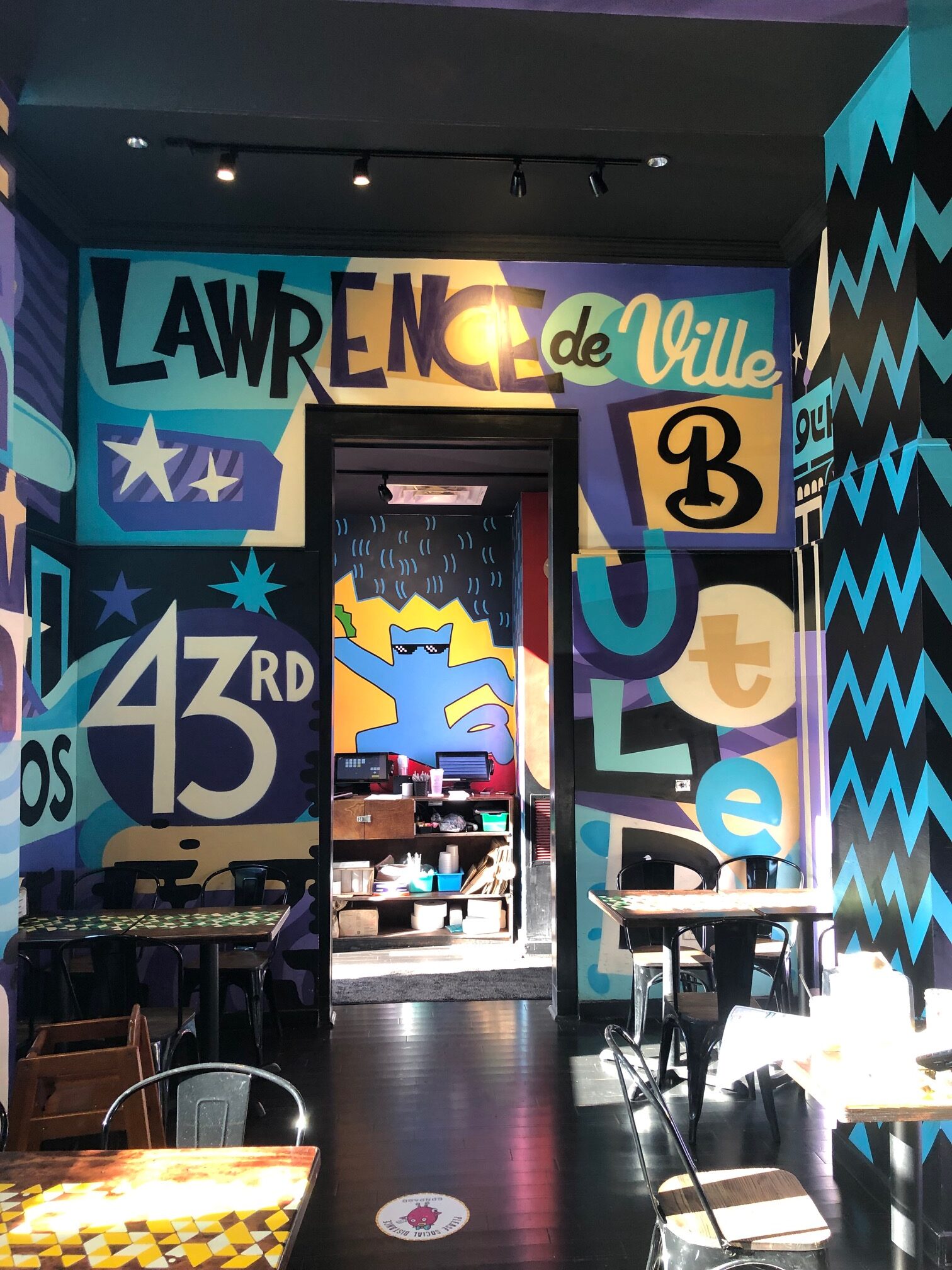
Condado Lawrenceville
January 24, 2022
Jacqy Huyser: Pittsburgher by Choice
February 7, 2022For most of my life, I’ve known that gambling is risky business. That’s why they call it gambling and not investing. I’ve also felt that with enough preparation and knowledge, one could improve his or her odds and have a better chance of coming out a winner. I still think that’s true in all games that rely on skill. It certainly is not true in games that rest on chance to determine an outcome. Horse racing is one of those endeavors where skill and chance share equal responsibility in determining an outcome.
While in my youth, I knew a guy that spent a considerable amount of time at a local horse racing track. Whenever I would ask Harry how he did, I would get responses that ranged anywhere from, “I won a hundred” to “It was a good night; I’m up $500.”
During my days of knowing Harry, I found myself at the track about once a month, and while I could never claim to finding myself “up a hundred,” I had a few evenings that I showed up at the track with $30 dollars and went home with around $70. But more times than not when leaving the ponies, I headed straight home because I didn’t have the funds to stop for a beer and a burger with friends.
Then one evening I thought my luck had changed. I showed up at the track with a few friends and saw Harry sitting alone. There was an empty seat next to him, and I abandoned my friends and headed for that empty chair. While we weren’t friends, we knew each other, and I was greeted with a nod and a pleasant smile.
 He spent the time before the first race sharing his gambling theories with me. Then it was time to place our bets, and I wagered $10 of the $30 dollars I’d come with on the horse Harry had a good feeling about. After I collected my winnings from the first race, I was sitting happily with $60 and looking forward to a great evening.
He spent the time before the first race sharing his gambling theories with me. Then it was time to place our bets, and I wagered $10 of the $30 dollars I’d come with on the horse Harry had a good feeling about. After I collected my winnings from the first race, I was sitting happily with $60 and looking forward to a great evening.
One thing I realized was that in order to make this a great evening, I was going to bet on whatever horses Harry was betting on and I increased the amount of money I was betting. By the time the fifth race was over, I had won over $200. At this point, Harry was ahead by over $500.
When the eighth race finished, I was broke, and I’m sure Harry had returned all his winnings to the track. It wasn’t nearly as much fun watching the last two races without betting, and I’m sure it wasn’t that much fun for Harry either. He kept betting but was unable to pick a winner.
As we headed for the parking lot, a friend greeted Harry, asking him how he did. “I’m up about $400,” he boasted. When the friend asked him if he would like to join him for a bite to eat, Harry replied, “Not tonight, I have a big day tomorrow, and I better get some sleep.”
I still gamble from time to time because I enjoy it. I lose more than I win. When I win, it’s like a bonus. To help me make sure that I continue to enjoy it, I’ve developed a few personal directives about gambling.
- Never gamble with more money than you can afford to lose.
- With casino games, realize that the longer you sit at the table, the less likely you are to go home a winner.
- Understand that they don’t build those casinos because people are leaving them rich.
- The expensive celebrity spokespeople who promote gambling know that some of you are going to win, but most of you aren’t. I think they should say that they hope you have fun, but that you’ll probably lose a portion or all of the money you had when you started.
- For me, a budget is essential. Mine is a combination of annual and event budget. If I go to a casino and lose a $100, I won’t be back for a year.
- I’ll never go to a church casino night with my wife. If I lose, she’ll tell me about it, and if I win, she’ll make me play games until I lose it all. You shouldn’t take money from a church. (See rule #2)
- As long as I can afford it and am having fun, I think a little gambling is a good thing.
- I know a few who have lost homes and businesses because of their fondness of gambling. (See rule #5)
By: Tom Pollard




